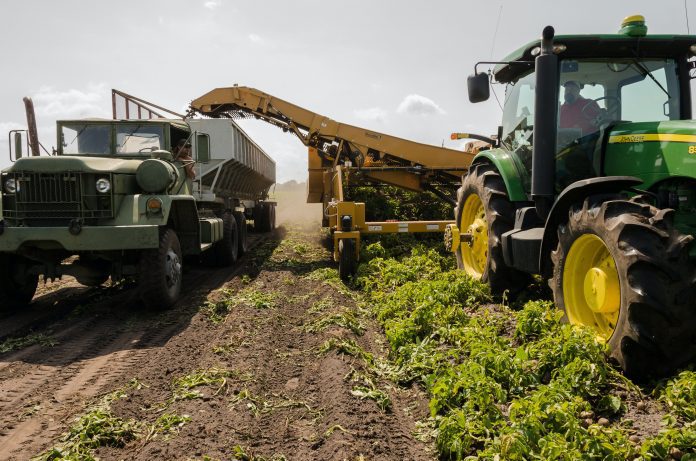Due to the seriousness of drought and production in the citrus industry, it has emerged that the Temporary Employment Services (TES) partnership can turn the fortunes of the sector around.
The industry is grappling with numerous challenges, such as logistical issues during the harvest season, as well as climate change. The introduction of a new national minimum wage can have a negative impact on profitability if not handled effectively.
Agility is critical in this climate
Regional Director of Workforce Staffing, Musa Dlamini said: “Agility is critical. And a strategic approach is necessary when it comes to ensuring cost effectiveness. All while managing labour requirements.
“A Temporary Employment Services (TES) partner can be an asset. Handling the admin and giving citrus farmers access to a flexible, legally compliant workforce. This is workforce that can be made available at short notice to cope with the unpredictability of the industry.”
Dlamini also said that as it happens in the sector, it is quite crucial that the citrus industry deals with the challenges presented by the weather. It is becoming increasingly unpredictable, and shifting growing and harvest seasons.
Layer of complexity added by various factors
“Unseasonal rains and turbulent weather, including flooding, have become more and more common. This in turn makes it tricky to know when labour will be required for harvesting. It adds a layer of complexity to planning.
“In South Africa, we also have challenges around community relations issues. Also logistics throughout the value chain.
“From picking and packing to moving the product through to its final destination. Whether local or international, there are bottlenecks and factors outside of farmers’ control. These can have a negative impact,” he said.
He said that if the sector can partner with TES providers, this will enhance the way of optimising costs. It will also deliver the flexible workforce they need while maintaining good community relations.
Vital TES partners are compliant with all labour laws
“Your TES partner should be compliant and fully aware of the compliance burden on farmers. It includes labour, safety, and sanitary laws as well as fair trade regulations.
“This will give you the flexibility to scale and descale the workforce quickly while remaining compliant. It is a major benefit and a source of competitive advantage. The ability to source and supply skilled, compliant, and experienced labour at short notice. It is essential to take advantage of this small window. And then, when the harvest is over, the workforce can be scaled back again to optimise costs,” said Dlamini.



